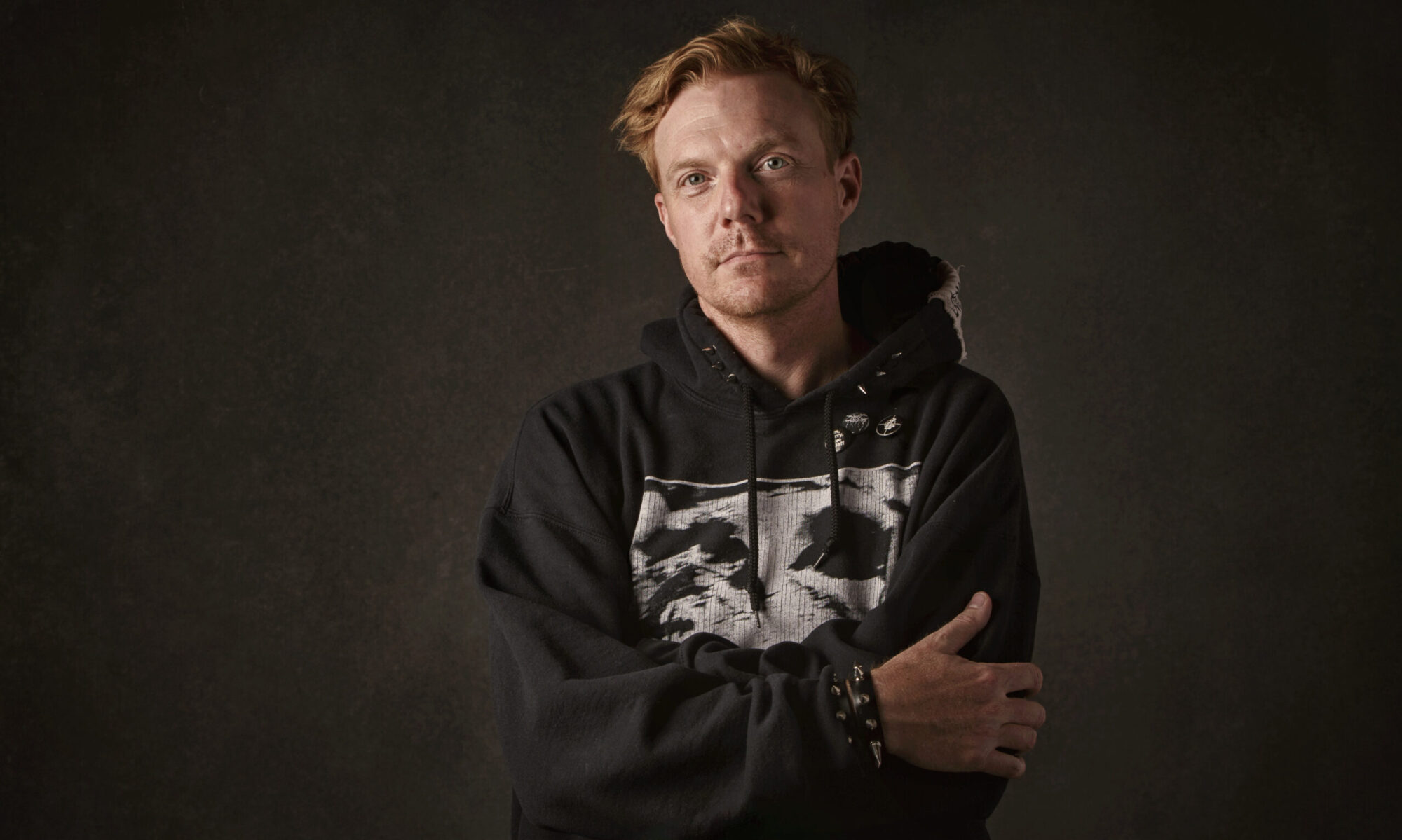A few years ago, I realized that I was wearing the wrong size pants. All of my pants were too short. Though I’d been buying the same size pants for years and coping accordingly, the realization was sudden. As soon as I was able, which took a few more months, I ditched them and bought all new, appropriately sized pants.
For a long time I used a stereo pre-amplifier I’d gotten at a thrift store to play music from my computer on larger, better-sounding speakers. The increased sound quality was amazing, but the volume knob on the amp had a short in it and often required readjusting. One speaker would go out, and I’d have to go jiggle the knob to get it back.

These two cases are examples of what Herbert Simon called “satisficing.” That is, dealing with decisions that are not optimal but just good enough. Simon claimed that since we can’t know all of the possibilities or consequences of our choices, satisficing is the best that we can do. In other words, we all satisfice in some way on a daily basis. The problem is when a situation starts to wear on you in barely noticeable ways, slowly eroding your psyche, something seemingly small can quietly build into a real issue. I thought my pants were okay, not realizing for a long time that their ill-fitting length made me uncomfortable and wore on my confidence. Though my faulty volume knob was chronic annoyance, I never thought it was that big a deal.
And — in the biggest of pictures — it wasn’t, but the habit of making do, dealing with the okay instead of the optimal, can be dangerous. In his latest appearance on Conan O’Brien’s show, Louis CK addresses a version of satisficing that can erode our psyches in the worst way. By avoiding sadness, we erode our humanness. “Sadness is poetic,” Louie says “You’re lucky to live sad moments.” [runtime: 4:51]
Being a person, present in the moment, is not always sad, but with our technologically enabled avoidance of sadness, we satisfice our lives away. “You never feel completely sad or completely happy,” Louie says. “You just feel kind of satisfied with your product, and then you die.”

